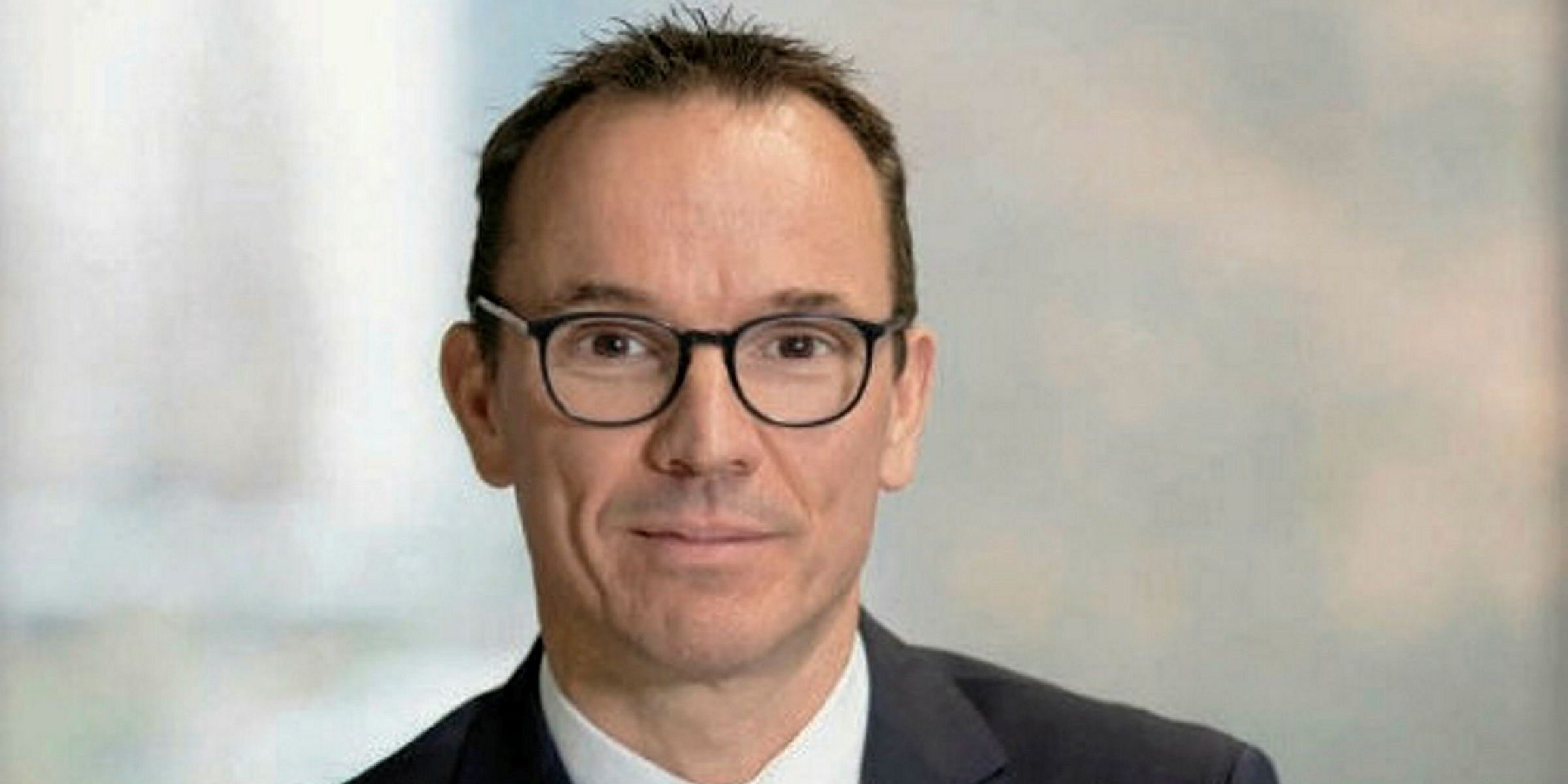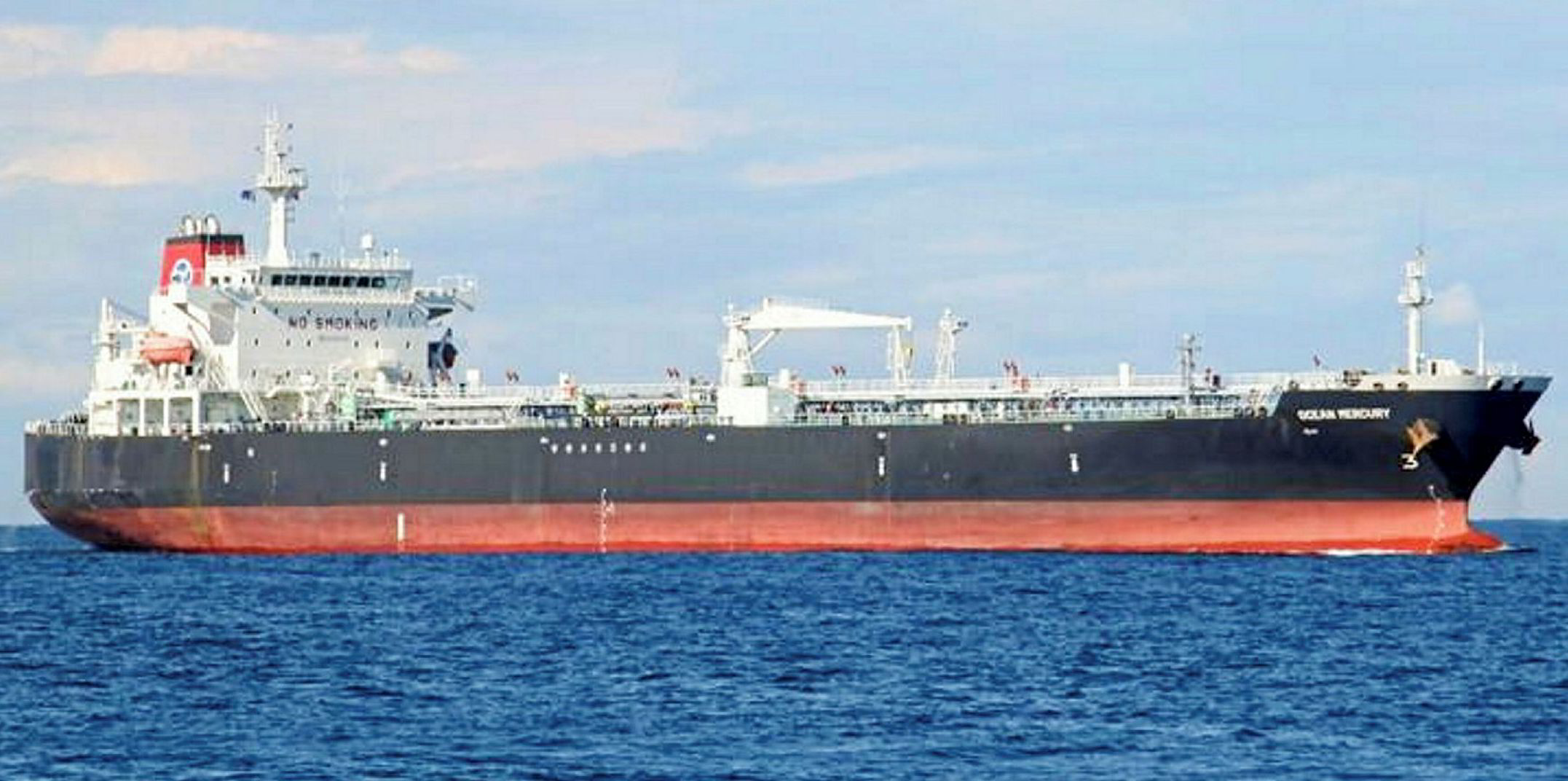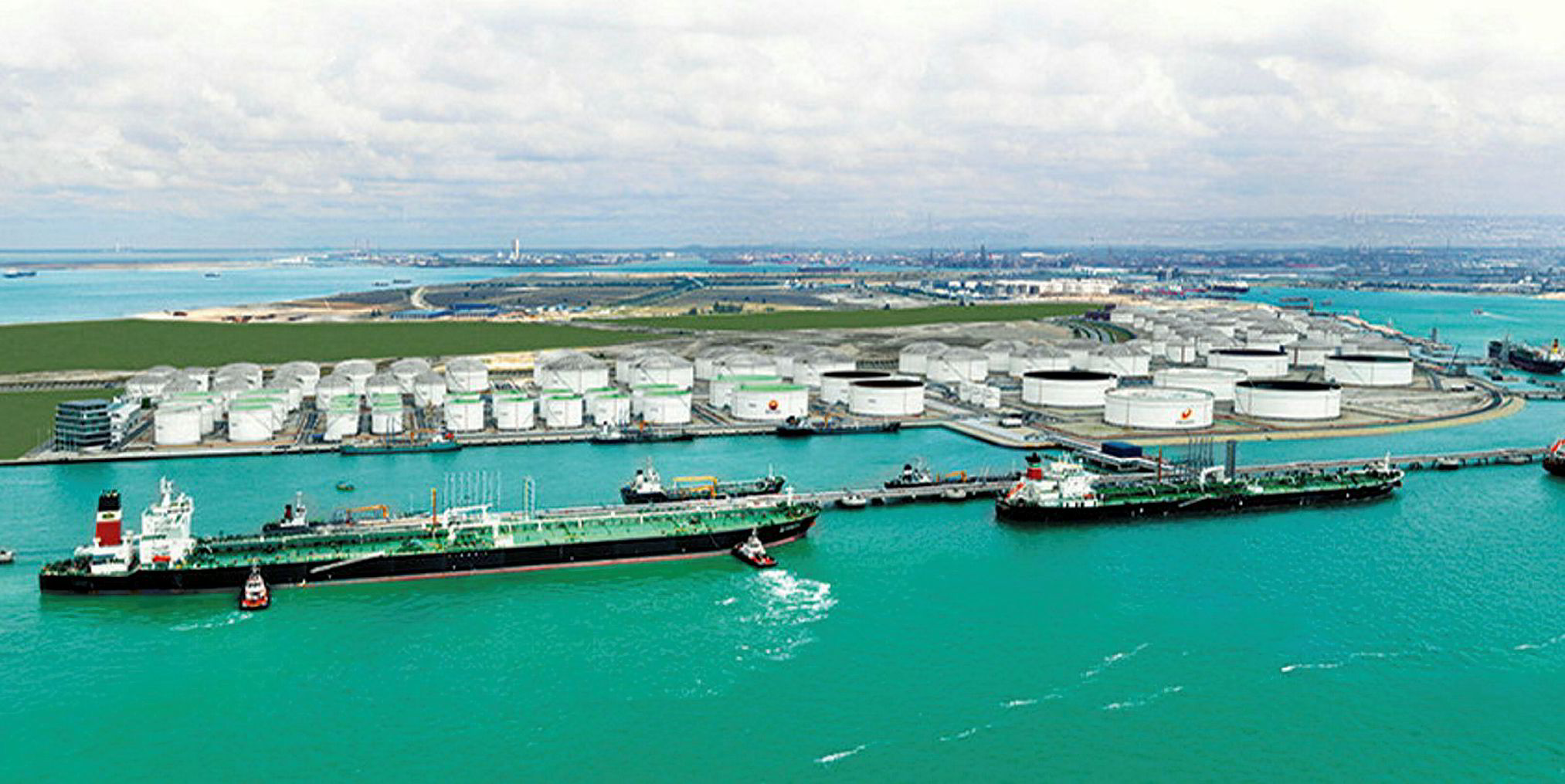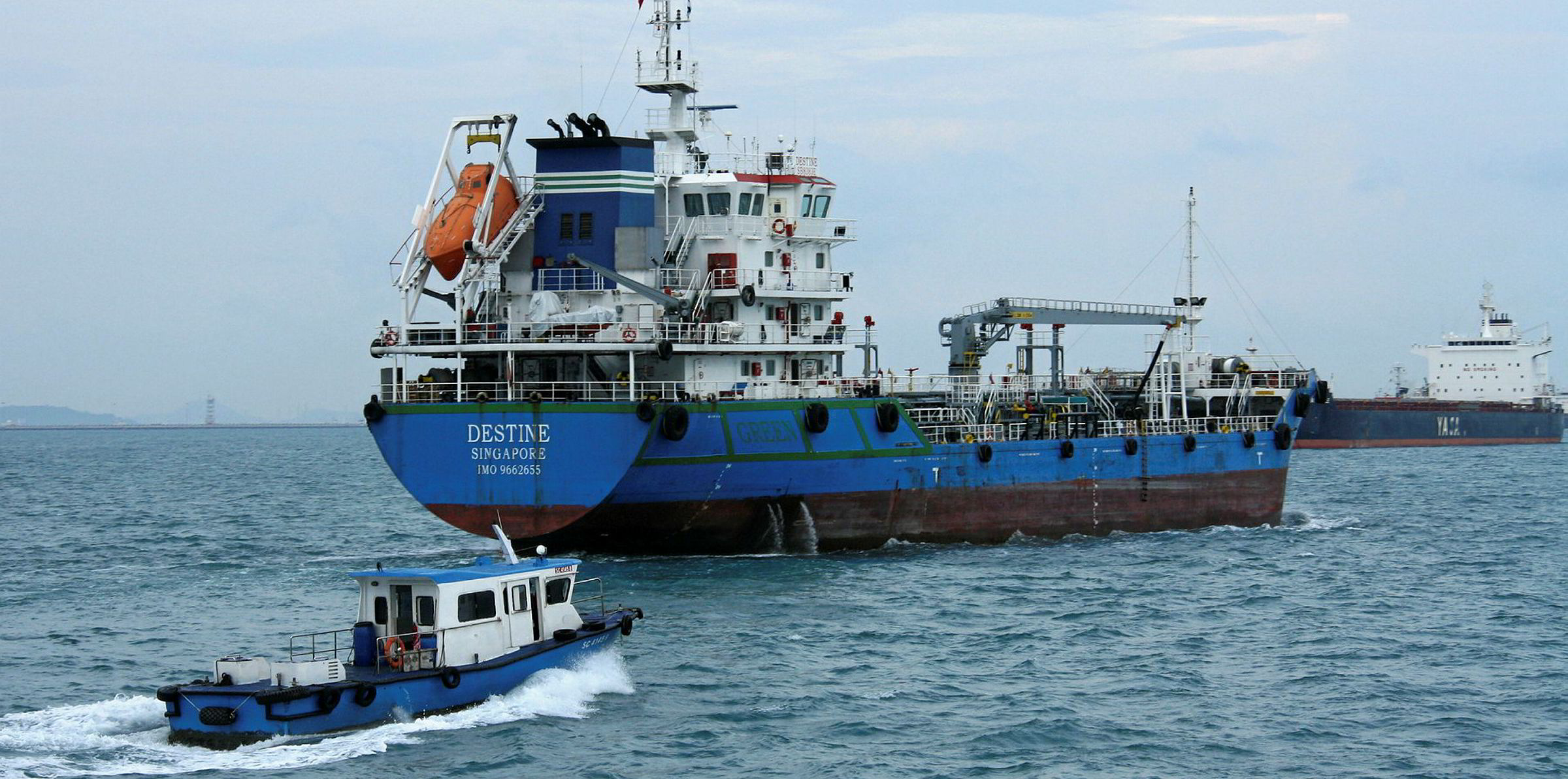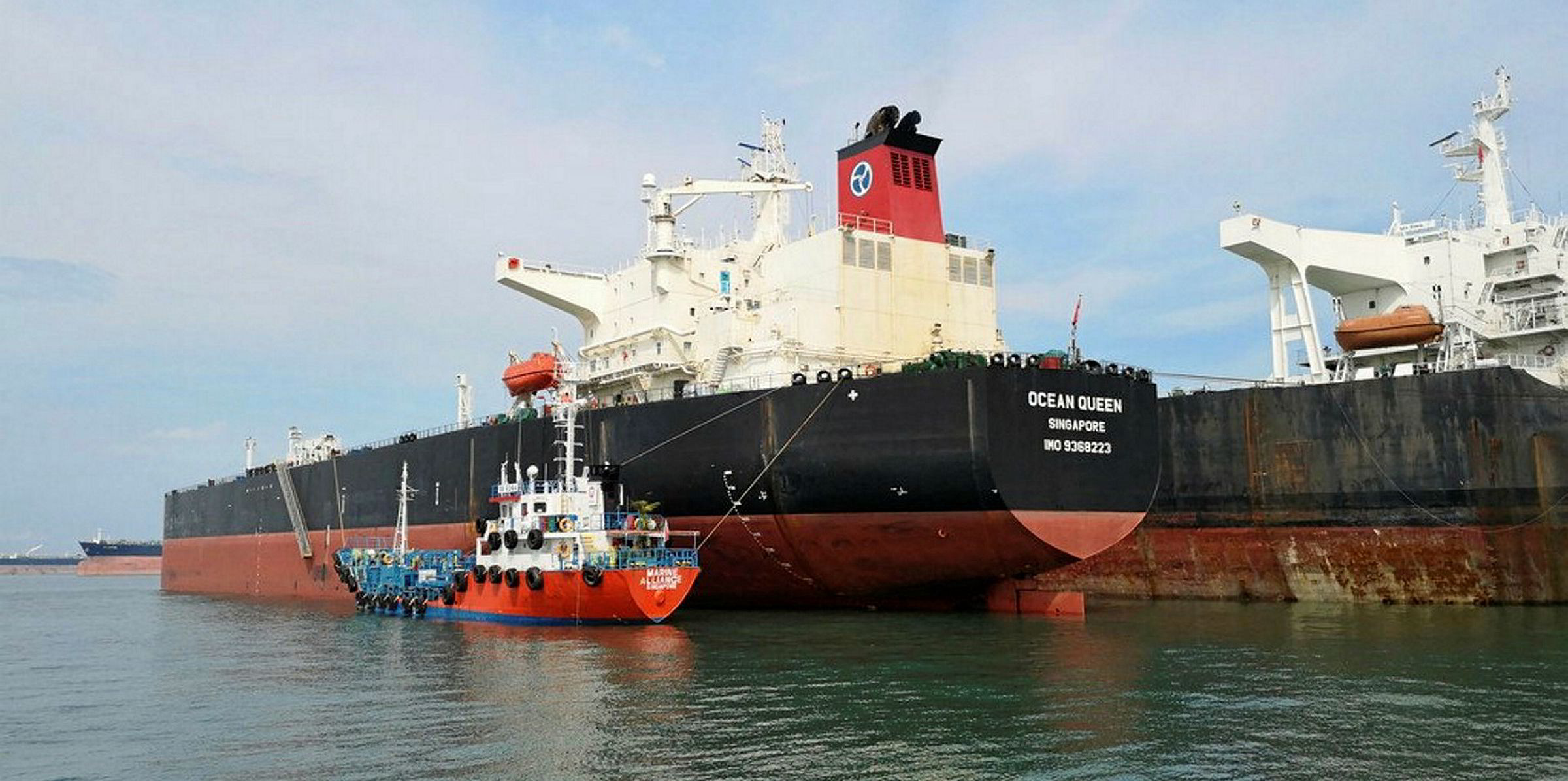Shipping companies face the threat of collateral damage as the bunker industry braces for a coming liquidity storm.
With several major European lenders withdrawing from commodity and trade finance, industry participants have observed heightened counterparty risks in the entire marine fuel supply chain.
“With banks pulling out, there will be a lack of liquidity in the market going forward,” KPI OceanConnect chief executive Soren Holl told TradeWinds.
Hasan Ozturk, a senior credit analyst at consultancy Dynamar, said it has become increasingly hard for bunker suppliers to find credit to fund their trading activities. Credit insurers have also become reluctant to provide full coverage, he added.
Ozturk warned that once a sizeable bunker supplier succumbs to a credit crunch, its counterparties such as shipping and bunker firms are likely to be hit.
“Suppliers that sold products to that particular supplier on unsecured terms will not get paid,” Ozturk told this month’s Petrospot Global Bunkering Summit.
“The shipowners that paid for their bunkers might have to end up paying again if the physical supplier was not paid by the intermediate player.”
The situation could be reminiscent of the fallout from the liquidation of OW Bunker, which was the world’s largest bunker supplier until it collapsed in November 2014.
Shipowners that had procured fuel from the Danish firm faced competing claims and threats of vessel arrest from its creditors, including banks and other bunker suppliers.
Holl stressed that bunker suppliers need to be reliable counterparties, as “the most important thing for a shipowner and operation is to have a good operation for their vessels”.
“With a lack of liquidity in the market because banks are pulling out, there will be a much greater need from our business partners to work with the ones that they know are financially strong to ensure disruption-free operation,” the bunker veteran said.
Victims
With the collapse in oil prices amid the coronavirus pandemic, bunker suppliers had actually enjoyed lower credit risks in dollar terms earlier this year.
But trading houses in Singapore, the world’s largest bunkering hub, began to fall victim to weak business conditions one after another. Banks face estimated liabilities of $5.35bn as a result of the collapses of Hin Leong Trading and Agritrade International alone.
Since August, ABN Amro has announced it will no longer finance commodity trading, while BNP Paribas and Societe Generale have reportedly cut their exposure significantly.
Strong headwinds
“The liquidity crunch caused by the pandemic over cash, credit and the insurance market continues to present strong headwinds globally,” Cockett Group chief executive Cem Saral said.
“Recent fallouts observed in the larger commodities and oil trading spaces have further exacerbated the erosion of liquidity. Counterparty risks of the entire supply chain have increased.”
As in the case of OW, whose collapse was prompted by losses at its Singapore subsidiary Dynamic Oil Trading, some failed traders in Singapore have been accused of obtaining financing from banks via fraudulent means.
While stressing that he did not intend to criticise any particular firm, Ozturk said: “The failure of these companies and potential failure of others in the short to medium term will hurt others in the industry … Risk appetite of banks [has] dropped significantly.”
Holl said the lack of “housecleaning” and international procedures to ensure compliance and best practices contributed to prior bankruptcies of large bunker firms.
“This is not necessarily a matter of size, but the bigger you get, the more control you need,” he added.
As a response to recent instances of commodities companies facing financial problems, Singaporean authorities and a group of banks have been studying measures to boost transparency and trust in the sector.
Saral suggested that a bunker supplier would need to prioritise “sound governance and effective compliance” to maintain its creditworthiness with lenders and stay reliable as a counterparty to shipowners.
“There is no doubt that the ones having the financial strength will be the most important business partners going forward,” Holl said.
“Smaller players will be having difficult times to stand up liquidity-wise to meet the challenges that the shipowners and operators will demand from them.”

